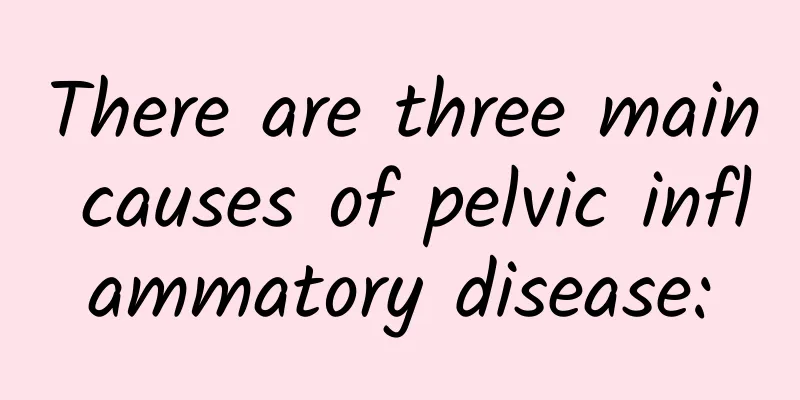Why is the vulva itchy?

|
Treatment for vulvar pruritus includes local cleaning, medication, and avoiding irritants. Common causes include infection, skin disease, or allergic reaction. Vulvar pruritus may be caused by a variety of factors, including bacterial or fungal infection, contact dermatitis, eczema, psoriasis and other skin problems, as well as allergic reactions or changes in hormone levels. 1. Infection is a common cause of vulvar itching. Bacterial vaginitis, Candida infection or Trichomonas infection can all cause vulvar itching. Bacterial vaginitis is usually accompanied by odor and increased discharge, while Candida infection may cause white cheese-like discharge. Trichomonas infection may be accompanied by yellow-green foamy discharge. Infections can be treated with antibiotics or antifungal drugs. For example, metronidazole is used to treat bacterial vaginitis and Trichomonas infection, and fluconazole or clotrimazole is used to treat Candida infection. 2. Skin diseases may also cause vulvar itching. Eczema, psoriasis or contact dermatitis can all cause dry skin, redness, swelling and itching. Eczema is usually accompanied by dry skin and scaling, while psoriasis may cause red patches and silvery white scales. Contact dermatitis may be an allergic reaction caused by the use of certain detergents, sanitary napkins or underwear materials. To treat skin diseases, topical corticosteroid ointments such as hydrocortisone or betamethasone can be used to reduce inflammation and itching. For contact dermatitis, contact with allergens should be avoided. 3. Changes in hormone levels may also cause vulvar itching. Women in menopause may experience vulvar dryness and itching due to decreased estrogen levels. Pregnant women may also experience similar symptoms due to fluctuations in hormone levels. For itching caused by changes in hormone levels, topical estrogen ointments or moisturizers can be used to relieve dryness and discomfort. 4. Allergic reaction is another common cause of vulvar itching. Certain detergents, sanitary napkins, underwear materials or skin care products may cause allergic reactions, leading to vulvar itching. Avoiding products that may cause allergies, choosing mild and non-irritating detergents and sanitary napkins, and wearing cotton underwear can help reduce allergic reactions. Treatments for vulvar itching include local cleaning, medication, and avoiding irritation. Common causes include infection, skin disease, or allergic reaction. Keeping the vulva clean and dry, using mild, non-irritating detergents, wearing cotton underwear, and avoiding products that may cause allergies can help prevent and relieve vulvar itching. If symptoms persist or worsen, seek medical attention for detailed examination and treatment. |
<<: How to determine whether it is endometriosis and what causes it
>>: Can endometritis and pelvic inflammatory disease be cured?
Recommend
Best time for abortion
Best time for abortion 1. Artificial abortion ref...
What is a uterine cyst?
What is a uterine cyst? In simple terms, a uterin...
Will cervical adhesions hurt after radiotherapy?
Cervical adhesions after radiotherapy may cause p...
What causes menstrual dysmenorrhea?
What causes menstrual dysmenorrhea? Menstrual dys...
How long after an abortion can I wash my hair?
Many women wash their hair every 2-3 days, or eve...
What is the reason for dark brown period two days before menstruation?
What is the reason for dark brown period two days...
What to do if the abortion is incomplete
Due to various factors, incomplete abortion may o...
There are three main causes of ovarian cysts
Ovarian cyst is a common gynecological disease an...
Can menopause be cured?
There is no cure for menopause. There are two typ...
How to remedy the situation if you have sex 8 days after an abortion? What are the harms of having sex after an abortion?
After an abortion, you should first refrain from ...
Will eating potatoes make you thin? Controlling total calories is key
The stalls selling baked potatoes always have a f...
What are the symptoms of vulvar leukoplakia?
External leukoplakia is a stubborn disease that n...
To protect your cardiovascular system, first stay away from the three highs! Two-pronged approach to regulating blood lipids and lowering cholesterol
The three highs are civilization diseases for mod...
The most authoritative diet for people with threatened miscarriage
Threatened abortion has a great psychological imp...
Hyperprolactinemia
I believe that women who are preparing for pregna...









